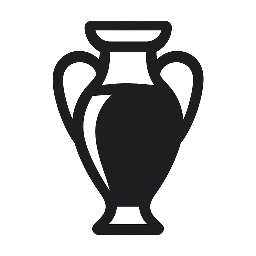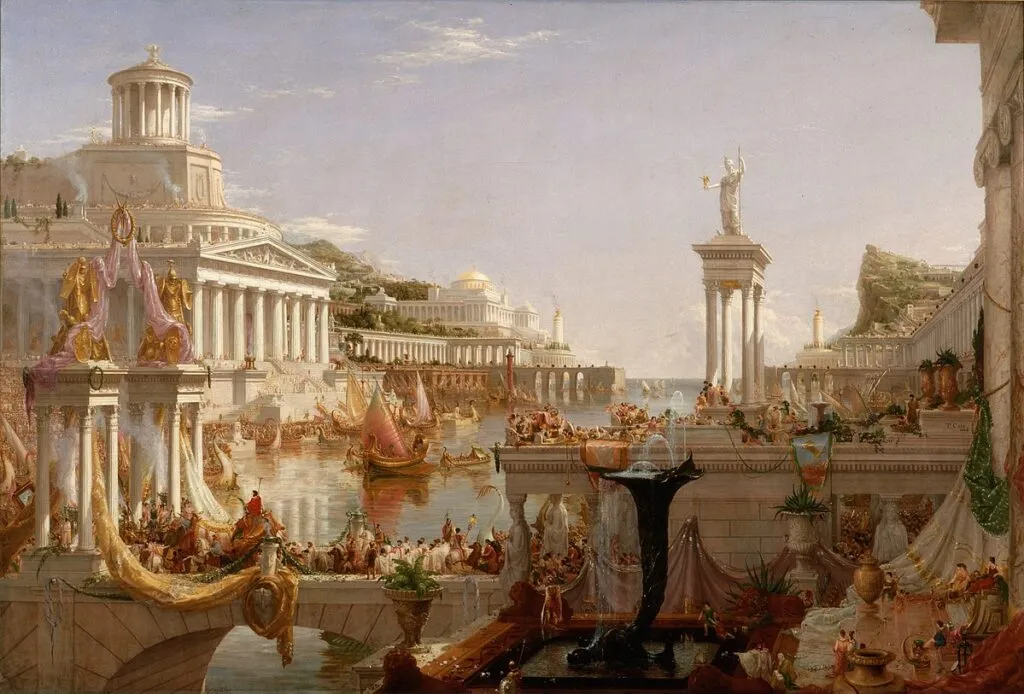Your basket is currently empty!
Did Roman emperors truly keep dwarfs, gladiators, and philosophers at their courts? The answer is more complex than it initially seems. While this is an intriguing and often-mentioned aspect of Roman history, it’s important to separate myth from reality.
Court Dwarfs: Luxury and Entertainment

Evidence suggests that Roman emperors and wealthy patricians did indeed keep dwarfs as part of their households. Dwarfs were considered curiosities and symbols of luxury. They were often dressed in lavish attire and served as entertainers at banquets and other events. Their presence was seen as exotic and enhanced the owner’s impression of wealth and power.
Court Gladiators: Death and Spectacle
Gladiators were an integral part of Roman culture, but their presence at the imperial court differed somewhat from their role in the arenas. While emperors were great patrons of gladiatorial games, court gladiators didn’t primarily serve for public spectacles. Instead, they were part of the emperor’s personal guard and were used for demonstrations of martial skills, training, and even occasional private fights for the emperor’s and his close associates’ entertainment.
Court Philosophers: Wisdom and Counsel
Philosophers also had a place at the imperial court, though not in the same numbers as dwarfs or gladiators. Emperors often invited philosophers to serve as advisors and teachers. Philosophers helped them in making decisions, taught them rhetoric and philosophy, and provided spiritual guidance. The presence of philosophers at court was considered a sign of the emperor’s wisdom and enlightenment.
Myth and Reality
While it’s true that Roman emperors had dwarfs, gladiators, and philosophers at their courts, it’s important not to generalize. Not all emperors had all three groups at the same time or in the same numbers. Also, the role of each group varied depending on the emperor and the period. The myth of emperors surrounded exclusively by entertainment and spectacle is somewhat exaggerated. Although dwarfs and gladiators were part of court entertainment, philosophers played an important role in advising and educating the emperors.
In short, the picture of the Roman imperial court was complex and diverse, with elements of luxury, spectacle, and wisdom. The presence of dwarfs, gladiators, and philosophers reflected various aspects of Roman culture and the emperors’ aspirations for power, entertainment, and knowledge.

